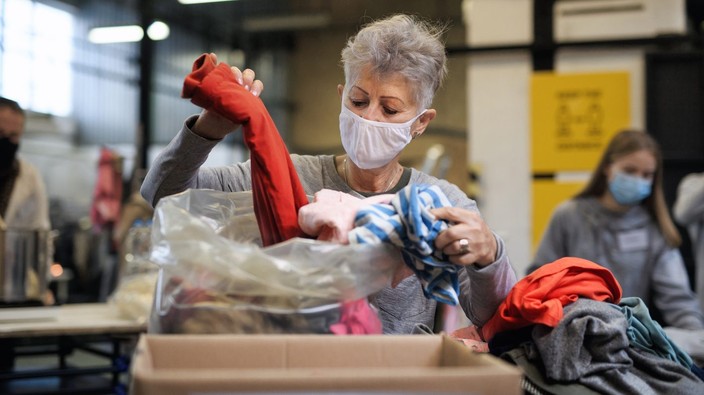another important aspect of developing social connections through giving back is it may increase the likelihood we will ask for and accept help, says gillian mandich, founder of the international happiness institute of health science research. this can be especially important later on in life.
“when we do nice things for other people, it gives us an opportunity to allow someone to do something nice for us,” says mandich. “it can be a good reminder to us when we need help … especially for people that have a hard time receiving, that can be a sort of happy byproduct of the act as well.”
moving into this next phase of life is difficult, but brings a host of opportunities, the experts all agreed. some can be found through introversion and self care, while others can be experienced by forming deeper connections with the community.
“when people are experiencing these important changes in their lives, there’s the transition stressors, we often advise them to focus inward on themselves and take care of themselves,” says aknin. “i don’t think that’s problematic. in fact, there’s lots of evidence suggesting it’s helpful. but what i also think is this process of looking outside themselves, they might find some enjoyment and meaning and purpose there as well.”
 4 minute read
4 minute read








